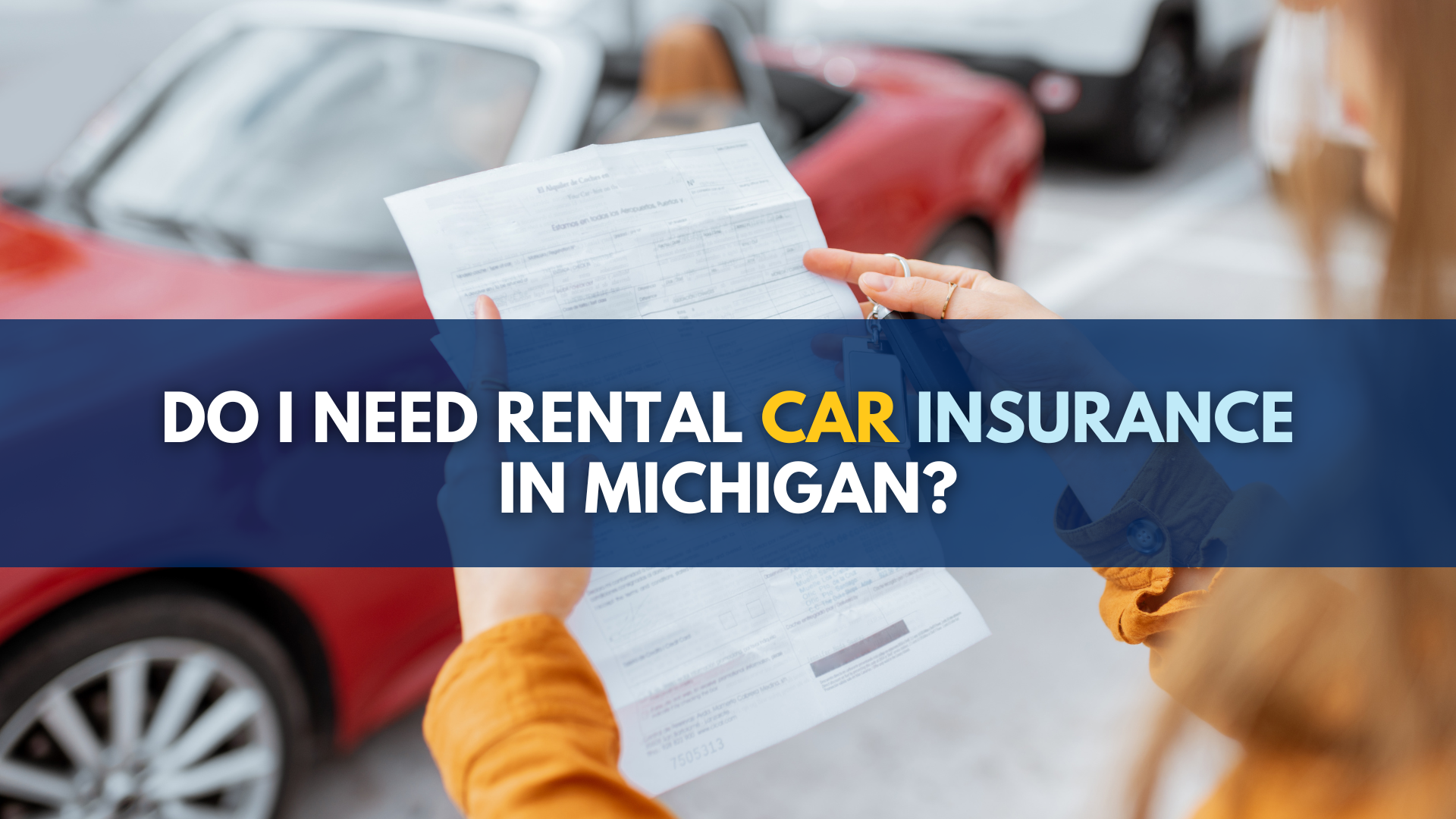Michigan auto insurers collect $330 million and $150 million more in premiums for collision insurance and comprehensive insurance than they pay out in benefits

Despite all the talk by politicians and Detroit Mayor Duggan about wanting to lower car insurance rates for Michigan drivers, it’s important to know that collision insurance won’t be impacted one bit.
The so-called No-Fault “reform” that we are hearing about does nothing to address this either. None of the No-Fault insurance reform bills or proposals we are hearing about does anything to lower collision insurance rates or comprehensive rates for drivers.
What’s the difference between collision insurance and comprehensive insurance?
Collision insurance is an optional — not legally mandatory — coverage that helps pay repair costs for car accident-related damage to a person’s car or truck.
On the other hand, comprehensive insurance — which is also optional — provides coverage when a person’s car or truck is damaged in a non-driving-related fashion, such as theft, vandalism, car fire, flood, falling objects and/or collision with a deer or other animal.
Why should you care about high collision and comprehensive insurance rates?
You should care because insurance companies are laughing all the way to the bank on comprehensive and collision coverage, and also because all of the insurance reform plans we have for auto No-Fault insurance leaves these excesses that insurance companies are exploiting in place:
- Car insurance companies are bringing in hundreds of millions of dollars more in premiums than they’re paying out in benefits and, thus, they’re making huge profits on these coverages.
- Michigan drivers are paying some of the highest rates in the country.
- Collision/comprehensive make up a huge portion of most people’s auto insurance bill.
In other words, for politicians who sincerely want to use auto insurance reform to lower rates for drivers — without restricting or limiting important No-Fault PIP benefits — then they would do well to set their sights on collision and comprehensive reform.
Mandatory rate rollbacks on these coverages — similar to those discussed in the context of No-Fault reform — could provide enormous savings for drivers, preserve their rights and protections and cost auto insurers only a small portion of their already considerable profit margin.
As a car accident attorney, I’ve been writing for years on this auto law blog that we can protect and preserve auto No-Fault insurance for car crash injury victims and for Michigan drivers, while also lowering rates substantially. Collision coverage isn’t even being discussed right now, but if the goal is to lower car insurance costs and keep vital protections in place, then it is something that we should be talking about.
Today’s post on collision coverage fits nicely as part of my 6-part series on No-Fault car insurance reform, which began with my blog post, “Do you trust insurance companies enough for MI No-Fault system change?
How much more do Michigan insurers collect in premiums for collision insurance and comprehensive insurance than they pay out in benefits?
On collision insurance and comprehensive insurance, Michigan auto insurers take in more than $330 million and more than $150 million more in premiums than they pay out in benefits, according to the National Association of Insurance Commissioners (NAIC)’s January 2017 “Auto Insurance Database Report,” which contains the most current pricing, premium and payouts data available.
The following chart shows the specific data on collision/comprehensive premiums, payouts and surplus:
| Coverage | Premiums (“Earned premiums”) | Payouts (“Incurred losses”) | Surplus (Deficit) |
|---|---|---|---|
| Collision | $1,542,109,050 | $1,211,110,729 | $330,998,321 |
| Comprehensive | $607,579,784 | $449,027,056 | $158,552,728 |
How much are Michigan drivers paying for collision insurance and comprehensive insurance?
The “pure premium[s]” that Michigan drivers are paying for both collision insurance and comprehensive insurance are $296.56 and $98.63, respectively.
The “countrywide” averages (not including Texas, for which data was not available) are $208.97 and $85.44, respectively.
Not only are Michigan collision and comprehensive premiums well above the national average, Michigan’s collision premium is the second highest in the country after Louisiana, whose pure collision premium is $300.63, and Michigan’s comprehensive premium is the 18th highest in the U.S.
What percentage of the average driver’s bill is collision insurance and comprehensive insurance?
According to our blog post, “Michigan No-Fault Premiums — See where the money goes,” the combination of collision coverage and comprehensive coverage constitutes approximately 51% of the average person’s car insurance bill.
(Sources: National Association of Insurance Commissioners (NAIC), “Auto Insurance Database Report 2013/2014,” January 2017)[“Collision 2011-2013,” “Total Business,” “Earned Premiums” for 2013 (page 182) and “Incurred Losses” for 2013 (page 183) and “Pure Premium” for 2013 (page 184)][“Comprehensive 2011-2013,” “Total Business,” “Earned Premiums” for 2013 (page 198) and “Incurred Losses” for 2013 (page 199) and “Pure Premium” for 2013 (page 200)])
This is the sixth and final entry in a six-part series on what we auto accident attorneys at Michigan Auto Law believe the public must ask our state legislators, and the No-Fault insurance companies that do business in Michigan, if we are being asked to give up essential No-Fault benefits and protections under any proposed No-Fault insurance reform plan. Our other entries are:
- Part 1: Do you trust insurance companies enough for MI No-Fault system change?
- Part 2: Big winner under reform? No-Fault insurance company profits
- Part 3: MI car insurance claim denials up 236%. Is fraud reform the answer?
- Part 4: What No-Fault insurance savings can reform really bring?
- Part 5: Using Michigan car insurance rates to judge No-Fault reform promises
- Part 6: No-Fault reform won’t lower high collision insurance costs


